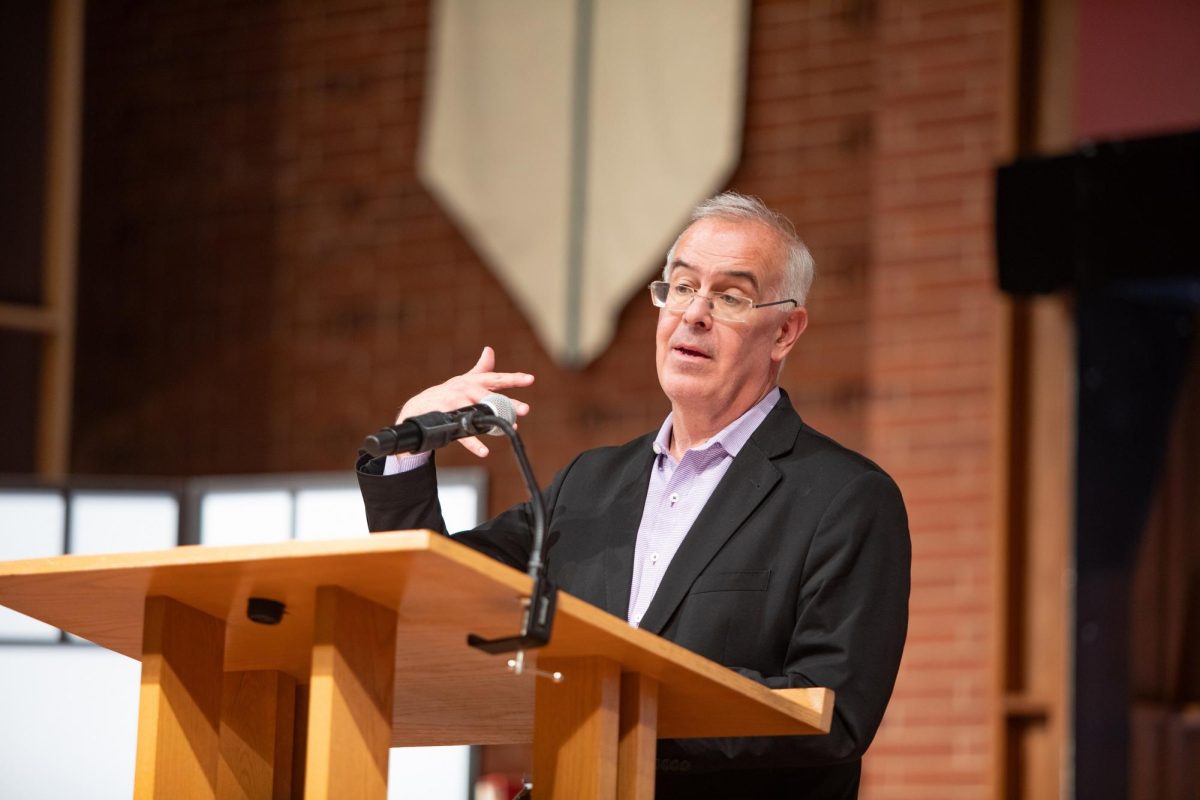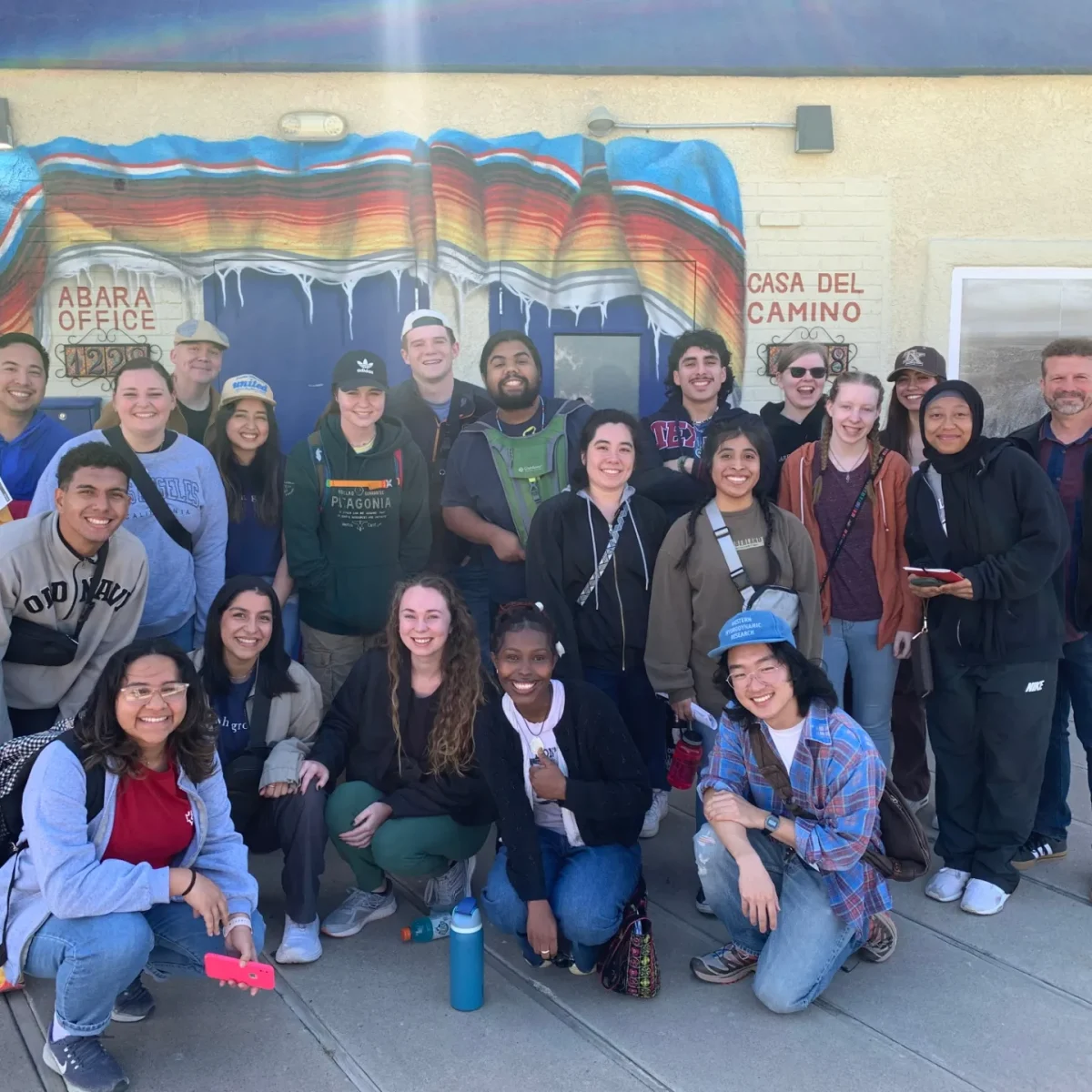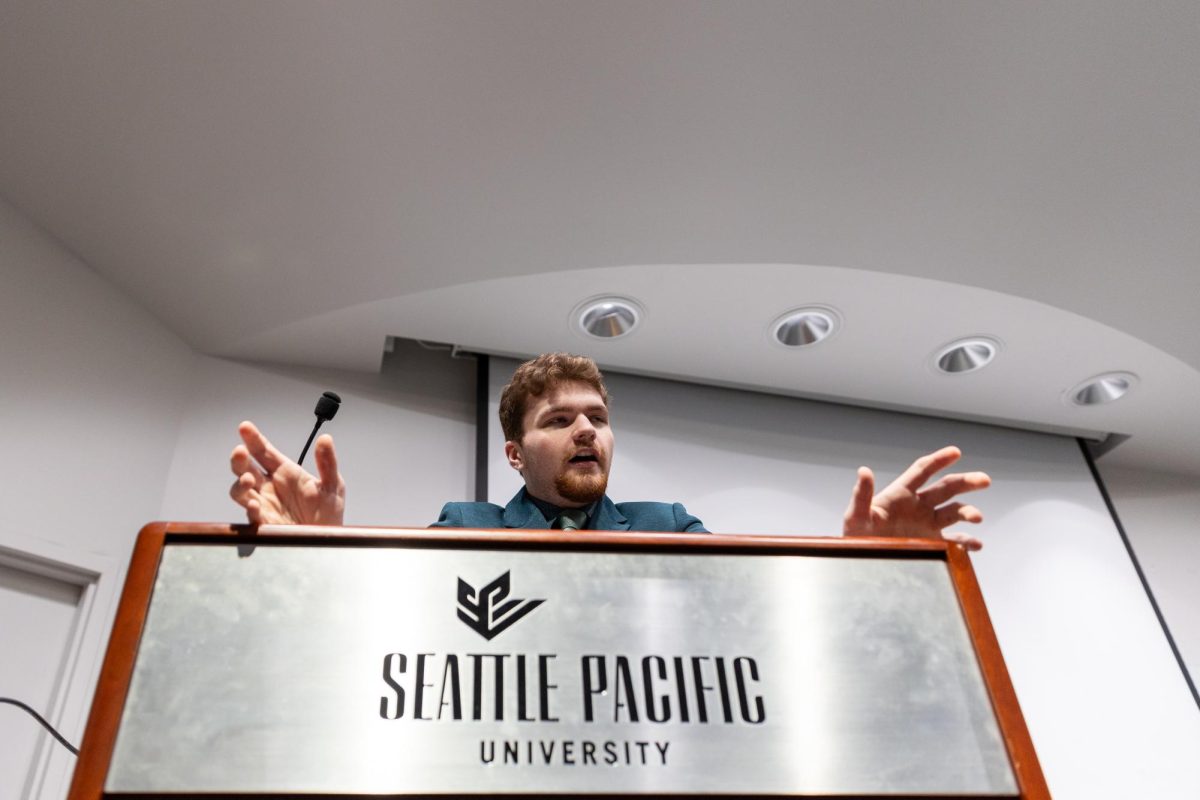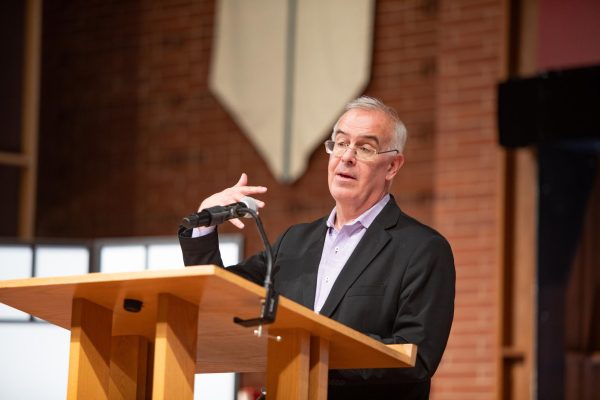Already, but not yet
If God is good, why do people get sick?
May 19, 2022

Every time I tell people about my job, I always get a similar response. It’s usually some kind of “How do you do it?” It’s usually humored with an awkward laugh and some kind of, “It’s not for everybody” response.
I’m a pediatric nurse in a hospital. This job does things to your spirit. It shows you the deep, deep rot that sin has caused — that an image-bearing body can so easily be thrown into disarray. It’s hard to rationalize these things when you see them. The world seems to so easily accept the harshness of life, and yet denies the very blame we deserve for it.
Sin is just like a mass-metastasizing disease. It permeates the body and corrupts everything in reach. And then it drags us down from the inside out. Feel uncomfortable yet?
The blame for sin is on us— as humans, people, homosapiens. It all stems from the beginning of it all, when the first two people lived in perfect union with God and each other. It’s not a far reach to say that they were happy. In Psalm 16, David recounts that “…in your presence there is fullness of joy; at your right hand are pleasures forevermore…” They were happy, and yet, selfishly longed for more. And thus, the good Father expelled them from the garden for disobeying. They were forever changed.
They would age. They would hurt. Their feet would become sore and blistered from the once soft earth. Their hands would split in the heat of the sun, and their bones would creak as they moved. Skin would be taut, and it would burn. It would bleed. Hair would fall out of their scalps. Their spirits were rotting, from the inside. A deep decay that needed a perfect medicine.
From the moment the fruit passed their lips, humankind has made the decision to abandon perfect serenity for shallow what-ifs. Every cough, every sneeze, every broken bone, every sick infant, every deformity, are all the result of that choice that we made in the garden and continue to make every day.
But why does a perfect king allow his people to be in pain? Why do we weep over death when it is within his power to snap and fix it?
We know that God is all powerful, omnipresent, omniscient, but what does that actually mean? What does it mean to be “sovereign” over all things? The word itself only appears three times in the ESV bible.
In Acts 4:24, Luke tells us the word that the church used to cry out to God: “…they lifted their voices together to God and said, ‘Sovereign Lord, who made the heaven and the earth and the sea and everything in them.’” The word that Luke uses here to describe sovereignty is “despotés”, which is a Greek word meaning a ruler of absolute power and authority, exercising complete jurisdiction.
To digest God’s sovereignty means to know that he is in total control and oversight of the world, and no one is above him. This means that we may have comfort in God’s authority not only of the world, but over our illness. As Jesus displayed multiple times in the Word, God has the power to physically heal those in pain or sickness.
Sovereignty also means that he has the ability to execute perfect justice according to his will. While his will may not always be clear to us, it is always clear to him. In Exodus, God caused great strife and suffering to those in Egypt, so that his people could flourish and leave, according to his will. Using plagues, fear and even death, God brings his perfect plan into place according to his own will and knowledge. We can never, and will never, fully understand his purposes behind what he does.
Just because God is sovereign does not mean that somehow renders his goodness obsolete. We will never, with our broken bodies and faulty minds, be able to understand the goodness and sovereignty of God. But that doesn’t mean we can’t know these truths. God is good, and sovereign, and executes his perfect justice because he is good and sovereign.
If we want to refer back to David and his descriptions, we could utilize Psalm 107:
“Let them thank the Lord for his steadfast love,
for his wondrous works to the children of man!
For he satisfies the longing soul,
and the hungry soul he fills with good things.”
God is the perfect father. No earthly dad, friend, president, ruler or image could contain or display his righteousness (Ecc. 3:11). The Word is extremely clear about the objective truths that exist. All of scripture comes to the consensus that he is good. See Nahum, describing God to his children: “The Lord is good, a stronghold in the day of trouble;”
We tend to define God by our own terms. For example, God describes his justice as perfect and final. For us to question how God is just when, for example, there is war in the world, is for us to claim that we know perfect justice better than God. He is the perfect ruler; He is the “despotés” of the entire world. He knows better than any of us ever will, as he is the beginning and the end, the alpha and the omega (Rev. 22:13.) He turns our hearts like the water carves out the land; he directs our path (Prov. 21:1.) May we open our ears to his voice, may we open our eyes to his glory, may our hearts be soft and moldable to his will so that we may please him!
Alas, this is not the end of the story. We know that one day we will be glorified with Jesus and our sick, easily breakable bodies will be made new. We are currently in a time where we can see the suffering, the pain, the rotting of our flesh, and look to the future for hope of a restored Earth.
Many Christians will refer to this as the “already, but not yet” phase. We are already justified, we are being sanctified, but we are not yet glorified physically with Christ.
When John is exiled to the island of Patmos, God shows him a vision of what the new earth will be like. It includes a restored creation without the hold of sin. It describes Jesus, on the throne, ruling over the new Earth. In Revelation 21:3, John explains what this new place will be like:
“…And I heard a loud voice from the throne saying, Behold, the dwelling place of God is with man. He will dwell with them, and they will be his people, and God himself will be with them as their God. He will wipe away every tear from their eyes, and death shall be no more, neither shall there be mourning, nor crying, nor pain anymore, for the former things have passed away.”
The Word is not clear about what our bodies will be like, but it is clear on how they will function- there will be no more suffering. No more death, no more sadness. No more calling out sick, no more funerals, no more urgent care visits or chronic illness.
Is God good? Yes. Is he sovereign over sickness? Yes. Will he restore us? Yes. God himself is who defines goodness. He is clear that he embodies perfect peace, justice and love. Our God will redeem us. Our bodies in this life are imperfect.
Kids scrape their knees on the pavement, people become addicted to substances, people are anxious or depressed, but not forever. We already have his presence. We already have his assurance of sanctification. Not yet are we glorified, not yet are we made perfect. Soon.
































































































